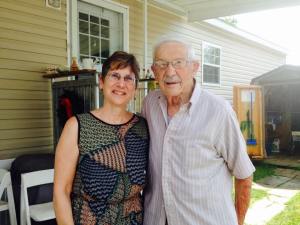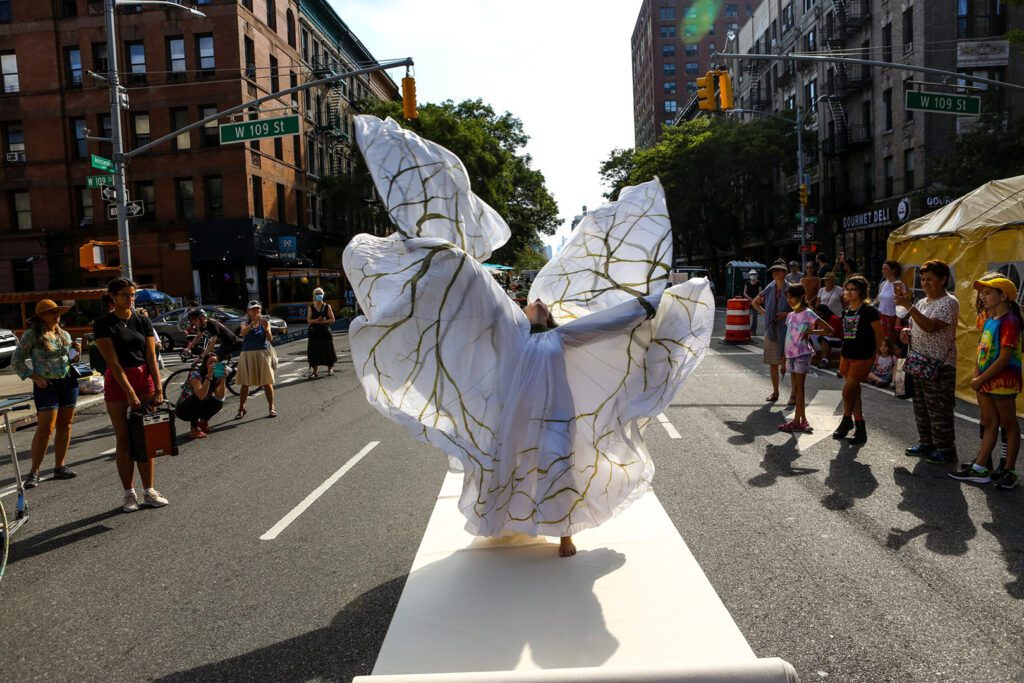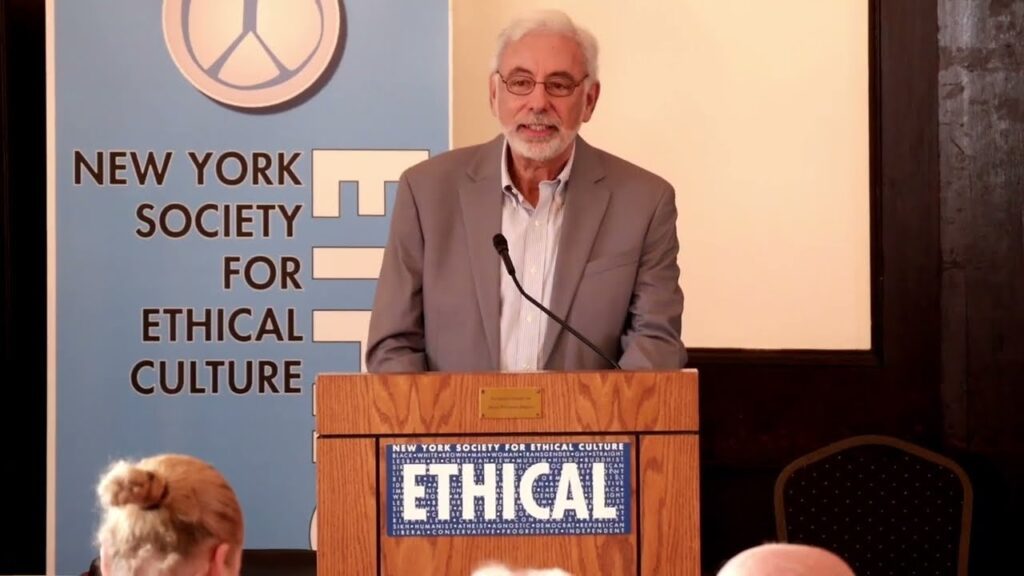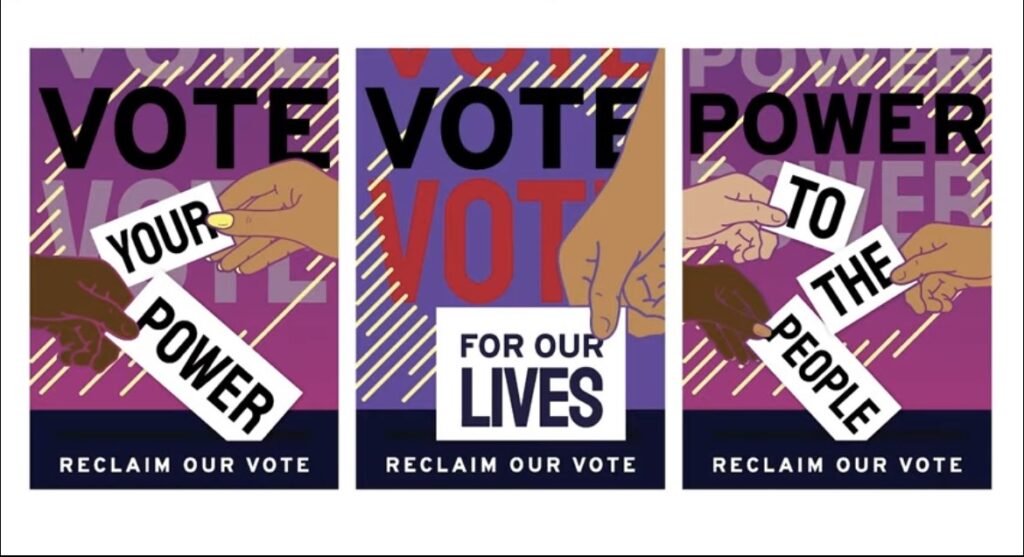
My mother was born a year after women won suffrage and never missed voting in an election. It was as religious to her as going to confession on Saturday and receiving communion on Sunday. She worked full-time as a secretary from the day she graduated high school until she retired and was in charge of our family’s finances. Yet she was not a feminist. She didn’t encourage my sister and me to leave home for college and was embarrassed when we kept our names after marrying. We never experienced her support for our professional lives.
Dad was the feminist in our family. He grew up in western New York State with parents and siblings who shared equally the running of their share-cropping farms: never owning a place of their own, often packing up and moving from one place to another. A family farm economy is demanding and requires that all hands work. A drive with Dad in the country would reveal one field after another in different towns where he had driven a team of horses or mules. Name that crop was a game we played and, of course, Dad always won because I was never a farmer. Dad made sure that my sister and I went to college and traveled to other countries. It was important to him that we make our own ways in the world.
In our Ethics for Families program, children are learning about Malala Yousafzai, whose father Ziauddian also encouraged her education. In an area of Pakistan dominated by the misogynist Taliban, he ran a school for both boys and girls. Most of us adults know how Malala became known around the world. On October 9, 2012, at the age of 15, when she was riding a bus with friends on their way home from school, a masked gunman boarded the bus, demanded to know which girl was Malala, and fired at her; the bullet hit the left side of her head and then traveled down her neck. Two other girls were also injured in the attack.
Following the attack, Malala said, “The terrorists thought that they would change our aims and stop our ambitions, but nothing changed in my life except this: weakness, fear and hopelessness died. Strength, power and courage were born.” On her 16th birthday, Malala Yousafzai gave a speech at the United Nations emphasizing education and urging world leaders to change their repressive policies toward women and girls. In 2013 she also published her first book, I Am Malala, and the following year became the youngest person to win the Nobel Peace Prize.
Like my father, hers is a feminist: someone who believes in, supports, and advocates for women’s rights and equality to men.
In a patriarchal society where “women are not known in public and their names are only known to family members,” Ziauddin named his daughter after a legendary 19th Century Pashtun warrior heroine, Malalai of Maiwund. “Malalai had had a voice and I wanted my Malala to have the same,” he said. “That she would have freedom and be brave and be known by her name. . . Don’t ask me what I did. Ask me what I did not do. I did not clip her wings, and that’s all.”
At this year’s World Economic Forum at Davos, Malala said, “Feminism is just another word for equality and no one should object to equality. It just means that women should have equal rights to men. It’s not as complicated as some people have made it.”
It’s not complicated at all and yet another generation of women has taken to the streets demanding rights still denied them. Today more men join women: their mothers, sisters, and daughters, aunts and nieces, friends and lovers. They carry their children on their shoulders, wanting them to see the thousands of people gathered, showing them how the world can be when we march for equality for everyone.
Dad never marched alongside me, but he was, and is, always with me. One expects to hear kind words about the deceased during calling hours at a funeral home, a memorial service, and a burial site. What people told me after my father’s death were the many ways in which they felt loved and supported by him. He didn’t refer to himself as a feminist, but he acted as one, treating everyone with dignity and respect, no exceptions.
Malala and I are lucky.









